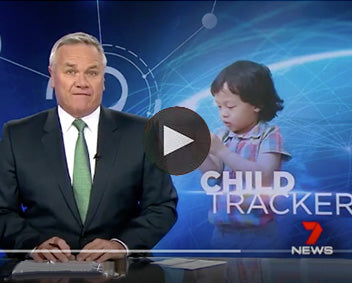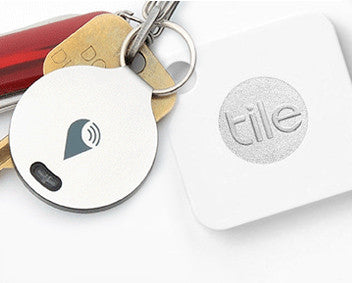GPS trackers for children: Welcome to the new frontier of digital parenting
Smart watches that allow parents to track their children's movements and apps that spy on their phones are all part of a new frontier of digital parenting that has sparked warnings from child psychology and privacy experts.
Key points:
- Smart watches with GPS allow parents to set up "geo-fences" around areas like a school
- Many also allow the child to use the watch to call their parents
But parent advocates of the new technology argue they keep kids safe and provide invaluable peace of mind.
Perth mother Rayleen Thorne has a six-year-old boy, Dylan, who has a life-threatening form of epilepsy that can cause seizures at any time.
His seven-year-old brother, Jett, has seen this happen many times, since he was two-and-a-half years old, and sometimes the way he copes is to run away.
After having to call in police to find him four times in one month, his parents turned to technology to help.
When they discovered a new type of smart watch for children, which includes a GPS tracker, and gave one to Jett it changed their lives.
"I could then look after my younger son who has the chronic medical issue knowing that Jett would be OK."
Geo-fence alarms
The watches allow parents to set up "geo-fences" around areas like a school, and if the child leaves that area parents are sent an alert.
Many also allow the child to use the watch to call their parents and other pre-determined numbers in the case of an emergency with the simple touch of a button.
Sacrificing trust for security
Child psychology expert Dr Mandie Shean said it might sometimes be appropriate to use technology to monitor a child's activity and location, such as at a concert or shopping mall where you worried you might lose them.
But she cautioned parents that they risked damaging their relationship with their children through the use of devices like the watches and apps.
"Any relationship is based on trust," she said.
"To take that away, I don't think people understand the consequences of that.
"When your child is struggling, they need that trust bond to come back to you and report, so if you're having to track all of that, you lose that with your child."
Dr Shean's advice to parents:
- Tell their children you are using the watch or app to check in on them
- Use it less if they show they are responsible
- Trackers should not replace good parenting
- Talk to your kids about abuse and inappropriate pictures
- If they encounter either, ask them how they would feel, what would happen as a consequence and how they would respond
She also warned children's development might be negatively affected by too much monitoring.
"I think the thought that you can use technology to protect them from everything is faulty, because what you're actually doing is you're not teaching them to have a checking system themselves," Dr Shean said.
"What we want to do is help children become adults and teach them to make their own decisions, to be responsible, to be trustworthy."
Updated






